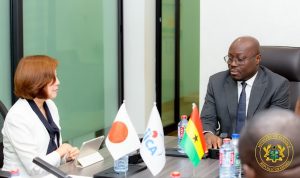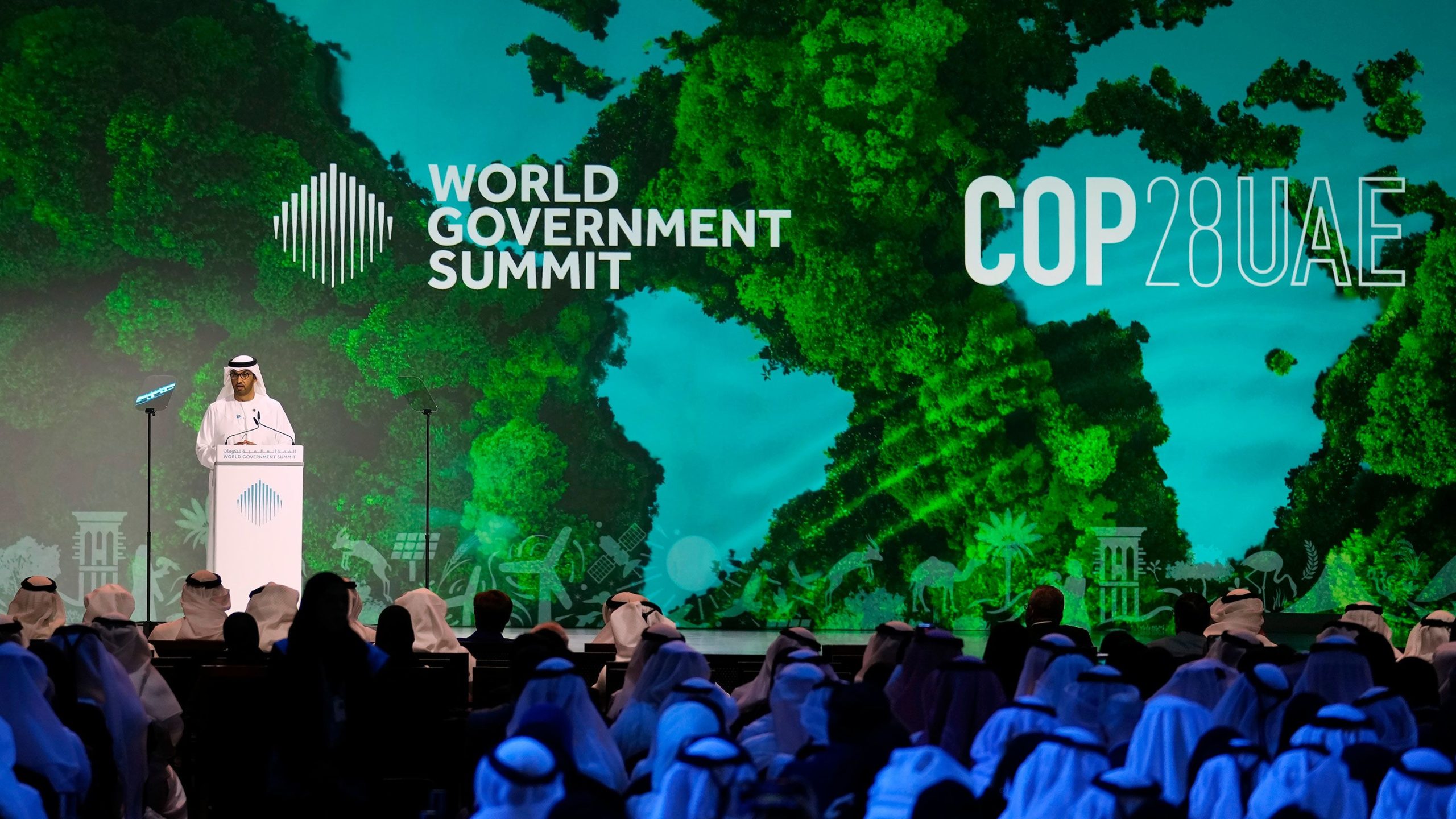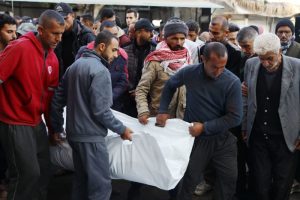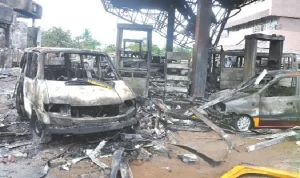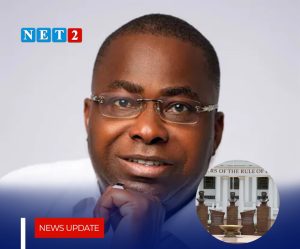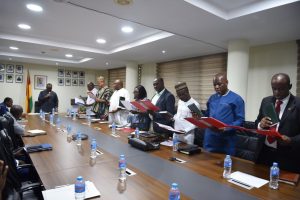World leaders, climate experts and advocates are gathered in Dubai, United Arab Emirates, for the World Climate Action Summit to kick off the 28th United Nations Climate Change Conference of Parties (COP28).
From today, November 30 to December 12, COP28 will bring together the parties to the UN Framework Convention on Climate Change (UNFCCC).
Every year, the COP meets to determine ambition and responsibilities for climate action and to identify and assess climate measures.
This year’s conference is hosted by the United Arab Emirates, which holds the COP28 presidency. The presidency’s plan of action to deliver on the pillars of the Paris Agreement focuses on four areas: fast-tracking the energy transition, fixing climate finance, putting nature, people, lives and livelihoods at the heart of climate action, and underpinning everything with full inclusivity.
The main agenda items for COP28 are expected to be: a global stocktake
the mitigation work programme, the global goal on adaptation, and climate finance, including financial arrangements for loss and damage.
As the world’s foremost climate summit begins in Dubai, Africa is grappling with some of the deadliest impacts of a warming planet.
The Horn of Africa, which suffered a drought earlier this year, is now battling floods. From Somalia to Kenya, extreme weather is forcing mass displacement.
Earlier this year, Cyclone Freddy, the longest-running tropical storm, hit Southern Africa, killing at least 1,000 people.
Amid these crises, the African Group of Negotiators (AGN), which is currently chaired by Zambia, will speak for the continent at the COP28 talks in Dubai. Although Africa is responsible for less than 5 percent of global emissions, it is disproportionately affected by negative climate change impacts. So, for African countries, fighting climate effects is urgent—and a matter of survival.
African countries, many of them low- and middle-income developing economies, are negotiating for opportunities to accelerate their fossil fuel production to enable them to industrialize before reinvesting those gains in green energy sources. The argument is that since developed countries became so rich by burning fossil fuels to build factories and create generational wealth, African countries too must be given the chance to accelerate their development and provide energy to the millions lacking it on the continent, using these same fuels, particularly gas, which is seen as less polluting by some. At the moment, more than 600 million Africans do not have electricity and about 900 million cannot access clean cooking methods.
In addition to pursuing the right to use gas as a transition fuel, African leaders are also keen to position their countries as ones that can be crucial to climate solutions due to the continent’s natural resources and manpower needed to deliver infrastructure for renewables. Although Africa holds 40 percent of the world’s solar energy potential, for example, it has less than 1 percent installed capacity.
